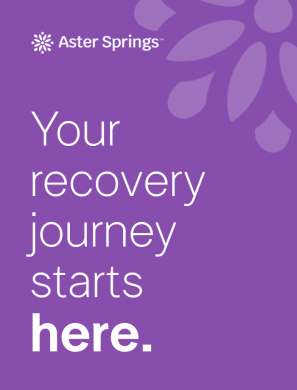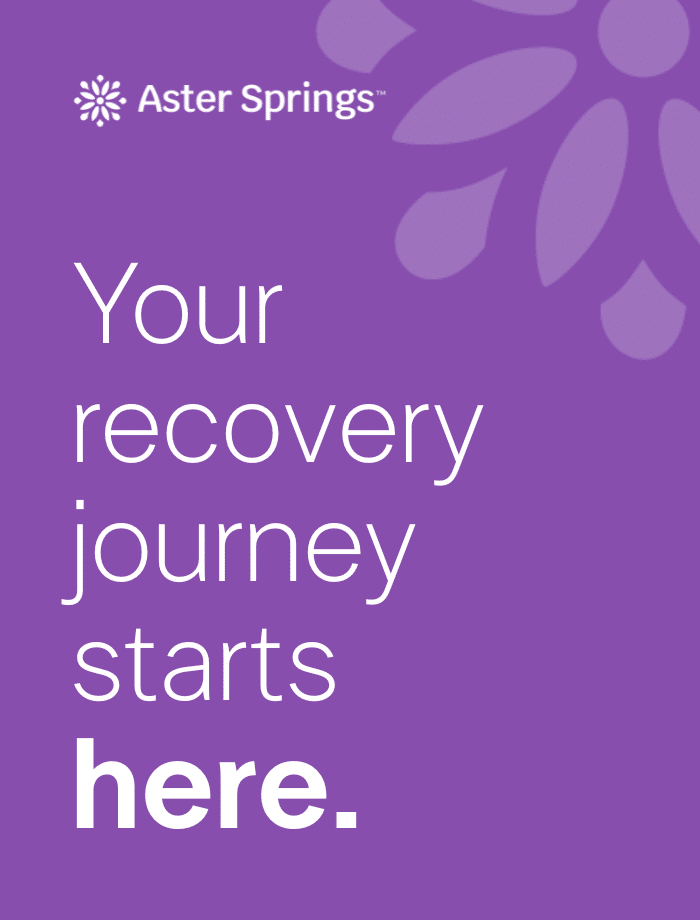Eating disorder treatment is meant to help us recover and improve our physical and mental well-being. But how can we do that when our anxiety about the process gets in the way? That terrible feeling of dread and uncertainty is a huge distraction and can interfere with the recovery process, but there are ways to address this. We’ll discuss tips to ease anxiety about eating disorder treatment and coping strategies to help you get the most out of your treatment.
Signs and Symptoms of Anxiety
Eating disorders and anxiety are often co-occurring. It is not uncommon for individuals suffering from eating disorders like anorexia nervosa, bulimia nervosa, and ARFID to also be diagnosed with an anxiety disorder. Whether you have typical anxiety or an anxiety disorder, it is essential to recognize signs of anxiety to manage them. You may experience any of the following:
- Racing heart
- Shortness of breath
- Sweating or shaking
- Nausea or diarrhea
- Restlessness
- Irritability
- Difficulty sleeping
- Feelings of dread or an impending sense of doom
Types of Treatment for Eating Disorders and Anxiety
Healthcare professionals can treat your eating disorder and anxiety in similar ways. The following therapies are highly effective in treating both of these conditions.
- Psychotherapy: Cognitive-Behavioral Therapy (CBT) is a therapy that focuses on how negative thoughts and behaviors affect your feelings and practicing skills to change those thoughts and behaviors.
- Medication Management: Your healthcare provider can prescribe different short- or long-term medications to treat your anxiety, depending on your individual circumstances. These may include antidepressants such as SSRIs or anxiolytics such as benzodiazepines.
Ways to Reduce Anxiety Surrounding Eating Disorder Treatment
Overcoming anxiety stemming from your eating disorder treatment is a challenging journeyb. However, there are ways to help you cope with feelings of being overwhelmed and nervous (1).
- Practice meditation and yoga. These activities help shift the mind away from anxiety-provoking thoughts.
- Get quality sleep. Fatigue often worsens anxiety.
- Practice gentle movement (as approved by your healthcare provider). Physical activity releases chemicals that calm anxieties.
- Surround yourself with nature. Being outdoors and breathing fresh air can decrease stress and anxiety.
- Get some laughs in. Laughter releases the hormones responsible for improving mood.
- Try journaling. Writing down your thoughts helps you release your feelings. Journaling also can help you organize your thoughts and process your emotions.
- Practice mindfulness. Concentrating on the present moment and letting go of perfectionism allows for awareness and acceptance of yourself and your situation.
Ways to Support a Loved One Who Is Anxious about Eating Disorder Treatment
The first step in supporting your loved one is learning about their signs of anxiety. People can easily misinterpret symptoms of anxiety. It’s important to recognize when your loved one is becoming anxious so you can take the appropriate steps to help them. The following are some do’s and don’ts that you can be mindful of to be supportive (2).
- Don’t minimize your loved one’s concerns. Even though their anxiety may not make sense to you, you can’t see what they are going through, and you need to respect that what they are feeling is very real and important to them.
- Don’t enable your loved one. It may be tempting to help your loved one avoid situations that cause them anxiety and pain. However, they need to face their fears and overwhelming situations to learn how to calm anxieties and overcome fears.
- Do validate your loved one’s feelings. Allow them to express their emotions and fears and listen to them with acceptance and without judgment.
- Do show your concern. It’s okay to approach your loved one if you think they are having a difficult time. Allow them to share what’s bothering them and offer your support.
Online Resources That Can Help Better Understand Eating Disorder Treatment
Education is a powerful tool. The more you eliminate unknowns about your eating disorder and its treatment, the more you can ease your anxiety by gaining clarity and understanding. The following are just a few of the non-profit organizations dedicated to eating disorder awareness and education that can be helpful resources for you and your support system.
- National Eating Disorders Association (NEDA)
- Families Empowered and Supporting Treatment for Eating Disorders (FEAST)
- The National Association of Anorexia Nervosa and Associated Disorders (ANAD)
- The Bulimia Project
Why Find a Professional to Help with My Eating Disorder?
There are many ways to manage anxiety, and it’s crucial that you find the right ones that work for you. Finding methods for easing anxiety that address your fears around nutrition and eating disorder treatment and recovery is especially significant. Remember, recovery is not something that you should do alone. You will receive the most benefit and the best chances of long-term recovery when you work with a dedicated behavioral health professional who can offer support and guidance for your eating disorder recovery and anxiety management.
Seeking help from professionals specializing in eating disorders can provide you with the tools and coping strategies you need for a successful recovery. Find the Aster Springs Eating Disorder Treatment Center nearest you and learn more about the treatment program that’s right for you.
Resources
- Zabiegalski, R. (2022, January 18). 15 things you can do to reduce anxiety. Health Digest. https://www.healthdigest.com/671718/15-things-you-can-do-to-reduce-anxiety/?utm_campaign=clip
- Johns Hopkins Medicine. (n.d). How to help someone with anxiety. https://www.hopkinsmedicine.org/health/treatment-tests-and-therapies/how-to-help-someone-with-anxiety
Author Bio:
Kate Delaney Chen, BSN, RN-BC is a healthcare writer and registered nurse with over 17 years of bedside experience. She specializes in Psychiatric Nursing and Nephrology and currently works at a nationally recognized inpatient Eating Disorders Program.



